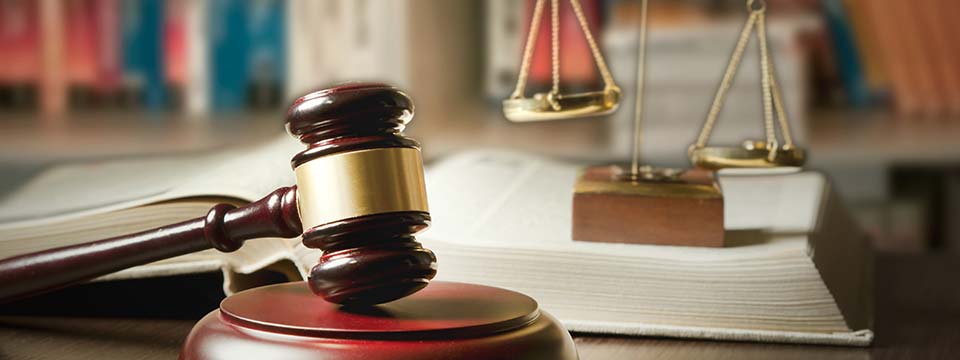BLOG
The Most Important Changes to Iowa Criminal Law in 2017

Changes occur in criminal law all the time, and some of them can have a direct impact on the rights of defendants as well as on how prosecutors try cases. Let’s take a look at some of the changes in Iowa criminal law over the past year.
Legislature Passes Law That Caps Medical Malpractice Cases
The Iowa legislature passed a law that places caps on medical malpractice liability lawsuits for pain and suffering and other psychological damages to $250,000. But that figure will not apply to any medical malpractice claim that involves disfigurement, permanent disability, and the loss of life.
The law also requires that plaintiffs in medical malpractice lawsuits obtain a “certificate of merit” and meet minimum standards related to expert witnesses in these cases. Iowa is the 36th state in the U.S. to place a cap on pain and suffering damage awards in a medical malpractice claim.
New Law Includes GPS In Criminal Offense of Domestic Abuse
In July, a new law went into effect that broadens the definition of stalking to include any defendant who is arrested for using a GPS to harass another person.
The law also lowers the standard that prosecutors have to meet in order to charge someone with stalking. Under the old law, prosecutors could only bring a charge of stalking if a victim was in fear of bodily harm or of death. But under the new law, prosecutors could charge someone with stalking if the victim felt threatened or frightened by another person.
A domestic abuse rider was also added to the law, which requires any person convicted three or more times of domestic abuse assault to serve 20 percent of the maximum prison term for that crime.
Iowa Legislature Passes Sentencing Reform Bill
In July, the Iowa Legislature passed a sentencing reform bill that repeals the mandatory minimum of 20 months for Class C drug offenses. The law will be retroactive, so people who were serving time in prison for a Class C drug conviction became eligible for parole on July 1, 2017.
The new law also gives judges the discretion to shorten the sentence of people convicted of a Class C or Class D felony, and reduces the sentencing disparities between defendants arrested for possession of crack cocaine and possession of powder cocaine.
In the past, sentencing guidelines were much more severe for defendants convicted of possession of crack cocaine, but the new law brings Iowa closer into line with crack sentencing in the rest of the states and makes crack sentences much fairer.
Mounting a Strong Defense On Your Behalf
While criminal laws may change from year to year, what doesn’t change is the fact that you will need an experienced defense attorney after you are charged with a serious crime. A felony conviction can affect your future in ways you can’t image, including barring you from working in a number of different industries. Fitch & Stahle Law Office has the resources to help you mount an aggressive defense. Please call us today at (402) 494-3012 to schedule a consultation.


